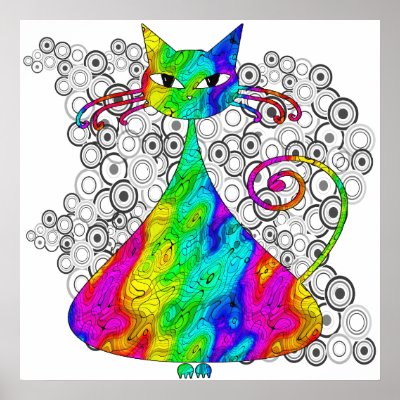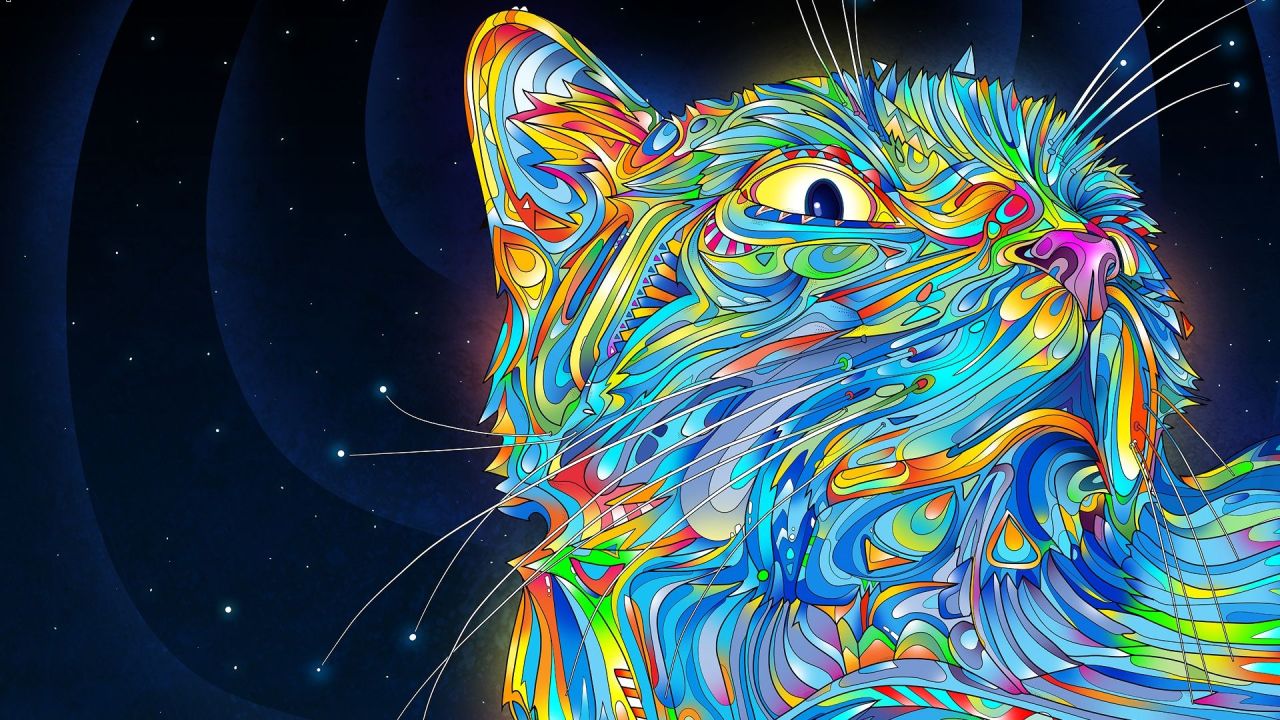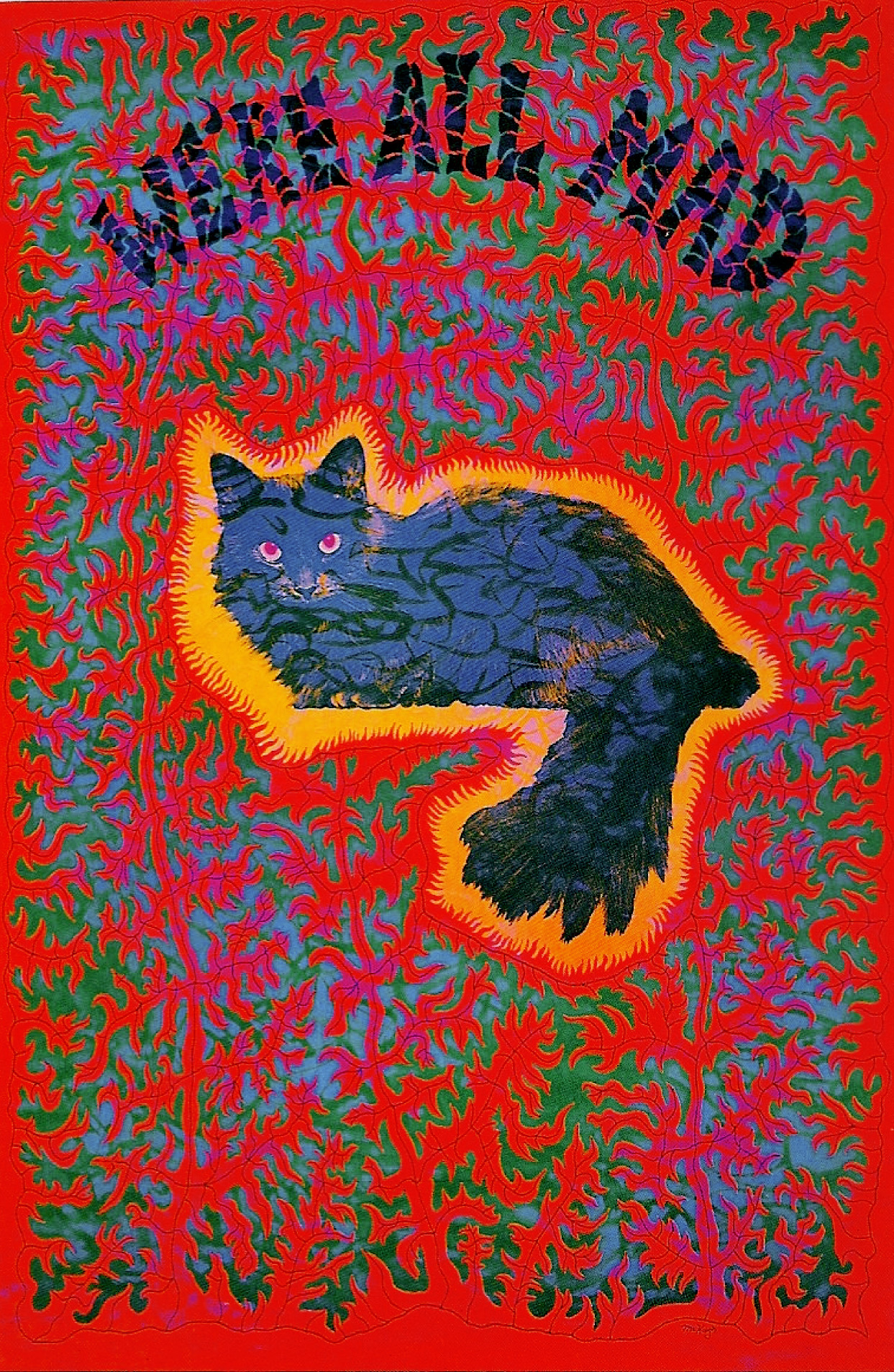CARAVAN - In the Land of Grey and Pink, 1971 (prog rock, Canterbury, UK) (Deram SDL-R 1)
 One side composed of four songs and the second side consisting of one track containing eight different sections but conceived as an entity. To describe the music would take up far more space than is available here but those of you who have heard Caravan live and on their previous records, will know the quality to expect although you may not have heard all the numbers before. Those of you who haven't heard the group before are in for a very enjoyable initiation.
One side composed of four songs and the second side consisting of one track containing eight different sections but conceived as an entity. To describe the music would take up far more space than is available here but those of you who have heard Caravan live and on their previous records, will know the quality to expect although you may not have heard all the numbers before. Those of you who haven't heard the group before are in for a very enjoyable initiation.Personnel :
Richard Sinclair - bass guitar, acoustic guitar, vocals
David Sinclair - organ, piano, mellotron, harmony vocals
Pye Hastings - electric guitars, acoustic guitar, vocals
Jimmy Hastings - flute, tenor sax, piccolo
Richard Coughlan - drums, percussion
David Grinsted - cannon, bell and wind
Tracklisting :
A1 Golf Girl 5:01
A2 Winter Wine 7:36
A3 Love to Love You (And Tonight Pigs Will Fly) 3:04
A4 In the Land of Grey and Pink 5:00
B Nine Feet Underground 22:44
a. Nigel Blows a Tune
b. Love's a Friend
c. Make It 76
d. Dance of the Seven Paper Hankies
e. Hold Grandad by the Nose
f. Honest I Did !
g. Disassociation
h. 100% Proof
- Their Story -
The years 1966 and '67 were very active and creative on the Canterbury semi-pro group scene. Several of the groups and musicians who started their musical careers in those years are now nationally known. It was at the end of this period that Caravan was formed by Pye, Richard, David and Richard, all of whom had played together previously in various bands but primarily in the Wilde Flowers. They started their professional careers in the glamorous world of show business with a six month sojourn in a house at Whitstable, close to their home town of Canterbury ; six months which they spent writing, rehearsing and trying to find out where their next meal was going to come from. In june of '68 they had to leave their Whitstable home and they spent the summer living in tents at Graveney and rehearsing in the church hall. By this time they had come to the attention of a record company executive and in october '68 they made their first album for MGM Verve. When the weather became too cold for them to continue their spartan way of life at Graveney, they moved up to London, staying with friends, but after only six weeks they decided to return to the more relaxed and healthier atmosphere of Canterbury, where they still live.
Their record company had introduced them to a leading London management company at the beginning of 1969 and this led to their getting regular work at last. Thanks to their year of virtually nothing but practice, they were one of the most musically proficient and original bands in the country, playing their own distinctive form of British rock ; a rarity in those days in the land of a thousand blues bands. After 10 months of gigging up and down the country building up a reputation they signed a new recording contract with Decca (after parting from MGM Verve when that company curtailed its operation in the U.K.) and their second album, released in September 1970, was enthusiastically received by all, both here and abroad, and was in the charts for 6 weeks. At last, they were getting the acclaim that they deserved so well and worked so hard for.












